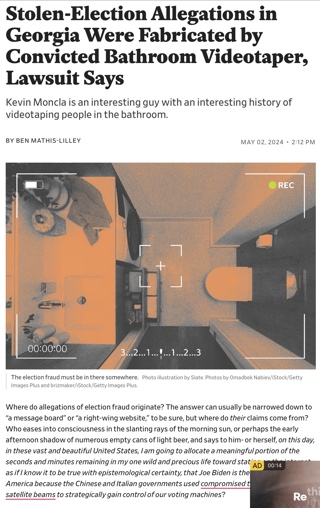Double Standards: Only White People Can Be Racist?
Here’s a video I watched recently by @SteelOwls who I think has way too few followers at the moment.
What do you think?
Update 4:03
Sorry I forgot to mention this, but there is a small amount of bad language in the video. I just decided I should add a small warning in case you’re thinking about watching it around children.














